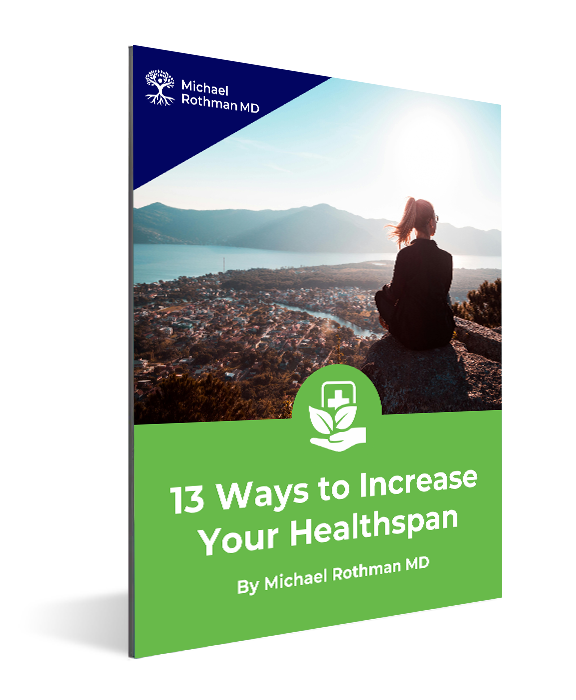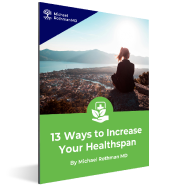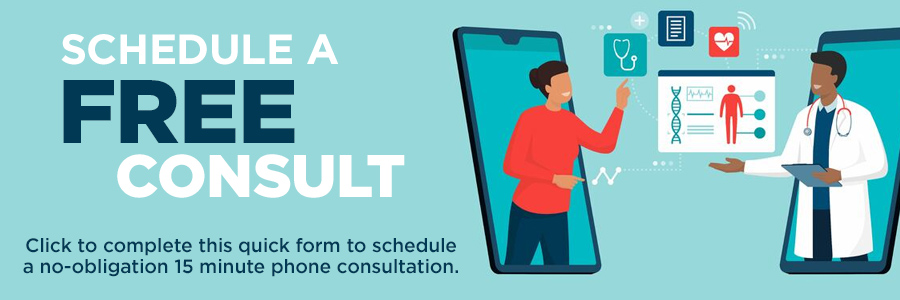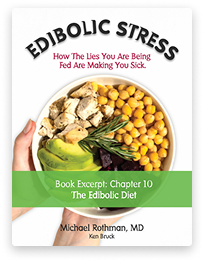For patients who have a debilitating medical condition approved under the New Jersey Medical Marijuana Program (NJMMP), medical marijuana has been a blessing to help find relief from your symptoms. From the physical and mental anguish of Post-Traumatic Stress Disorder (PTSD) to the distressing symptoms of inflammatory bowel disease, and crippling chronic pain, millions of patients have turned to cannabis to combat their symptoms.
But why is cannabis the key for so many patients when their illnesses have such varying characteristics and symptoms? Let’s start at the beginning. Every one of us make our own endorphins. Endorphins are a group of hormones within the brain and central nervous system that activate our body’s opiate receptors. When the opiate receptors are activated, the cells release signals that stifle pain and boost feelings of pleasure. When you take synthetic opioid prescription drugs, a similar process also happens.
We have another system in our bodies known as the endocannabinoid system. The term endocannabinoid literally means endogenous cannabis like substances. In other words, we make our own cannabis like substances in our bodies as a control mechanism. The endocannabinoid system (ECS) in our body helps modulate or regulate many bodily functions such as appetite, sleep/wake cycles, and our immune system. We make Anandamide (a endocannabinoid) and 2-Arachidonoylglycerol (2-AG) another endocannabinoid, as needed if the system is working well. Cannabinoids (CBD and THC, which are the most familiar) attaches to the endocannabinoid receptors in your body and you benefit from the regulating effect of the cannabis.
People under chronic stress from poor lifestyle choices like an unhealthy diet, lack of sleep, toxic relationships, chronic inflammation and chronic diseases can develop deficiencies in production of their endocannabinoid. Chronic stress can therefore lead to an endocannabinoid deficiency syndrome. Your ECS is connected to every major system in your body. Therefore if there is any malfunction in any of the ECS branches of your body, this endocannabinoid deficiency can lead to a variety of symptoms. And theoretically this correlation explains why cannabis helps to treat these symptoms.
This is precisely what Ethan Russo M.D., Director of Research and Development of the international Cannabis and Cannabinoids Institute is proposing. In his paper Clinical Endocannabinoid Deficiency Reconsidered, he presents his research on how endocannabinoid deficiency could be behind irritable bowel syndrome, fibromyalgia, PTSD, and other incurable diseases.
In one part of his study, there were significant recordings of migraine sufferers with diminished endocannabinoid-Anandamide. Similar results were found with fibromyalgia patients. Dr. Russo postulates that “If endocannabinoid function were decreased, it follows that a lowered pain threshold would be operative, along with derangements of digestion, mood, and sleep among the almost universal physiological systems subserved by the endocannabinoid system (ECS).”

Start your journey to true well-being:
How to regulate ECS, a holistic approach
In addition to utilizing medical marijuana to treat your illness, you will want to work to manage your endocannabinoid deficiency. It’s all about following a few simple rules, rules that your mother taught you. The first rule is to eat well. Avoid sugar, excess carbohydrates, vegetable oils, fried foods and neuro-excitotoxins – like MSG, nitrates, nitrates, aspartame, “cured meats”. The second rule would be to get good restful sleep. A minimum of 7-8 hours in a dark room free of electromagnetic fields from cell phones, Wi-Fi, microwaves, TV, etc. will help provide the vital processes of regeneration and repair to fuel our brains and vital organs. And finally, we must go outside for fresh air. Natural sunlight (not filtered from windows) is critical to our body’s health. Real, natural, unfiltered light in the form of sunshine not only provides your immune system boosting levels of vitamin D, but also helps regulate all of your immune and hormonal system activities in our body.
Come in for a consultation and together we can address any concerns you are having regarding your health. Together, we can devise a metabolically directed plan to regulate your endocannabinoid system and treat your chronic illness.
Are you interested in learning more about metabolically directed wellness? Come in for a consultation with Dr. Rothman by calling 732-268-7663 and establish a better plan guaranteed to help you improve your overall health.
References:
Russo Ethan, Clinical Endocannabinoid Deficiency Reconsidered: Current Research Supports the Theory in Migraine, Fibromyalgia, Irritable Bowel, and Other Treatment-Resistant Syndromes. Cannabis Cannabinoid Res. 2016 Jul 1. 154-156. Available from: https://www.ncbi.nlm.nih.gov/pmc/articles/PMC5576607/
Russo Ethan, Clinical endocannabinoid deficiency (CECD): can this concept explain therapeutic benefits of cannabis in migraine, fibromyalgia, irritable bowel syndrome and other treatment-resistant conditions? Neuro Endocrinol Lett. 2008 Apr;29(2):192-200. Available from: https://pubmed.ncbi.nlm.nih.gov/18404144/












